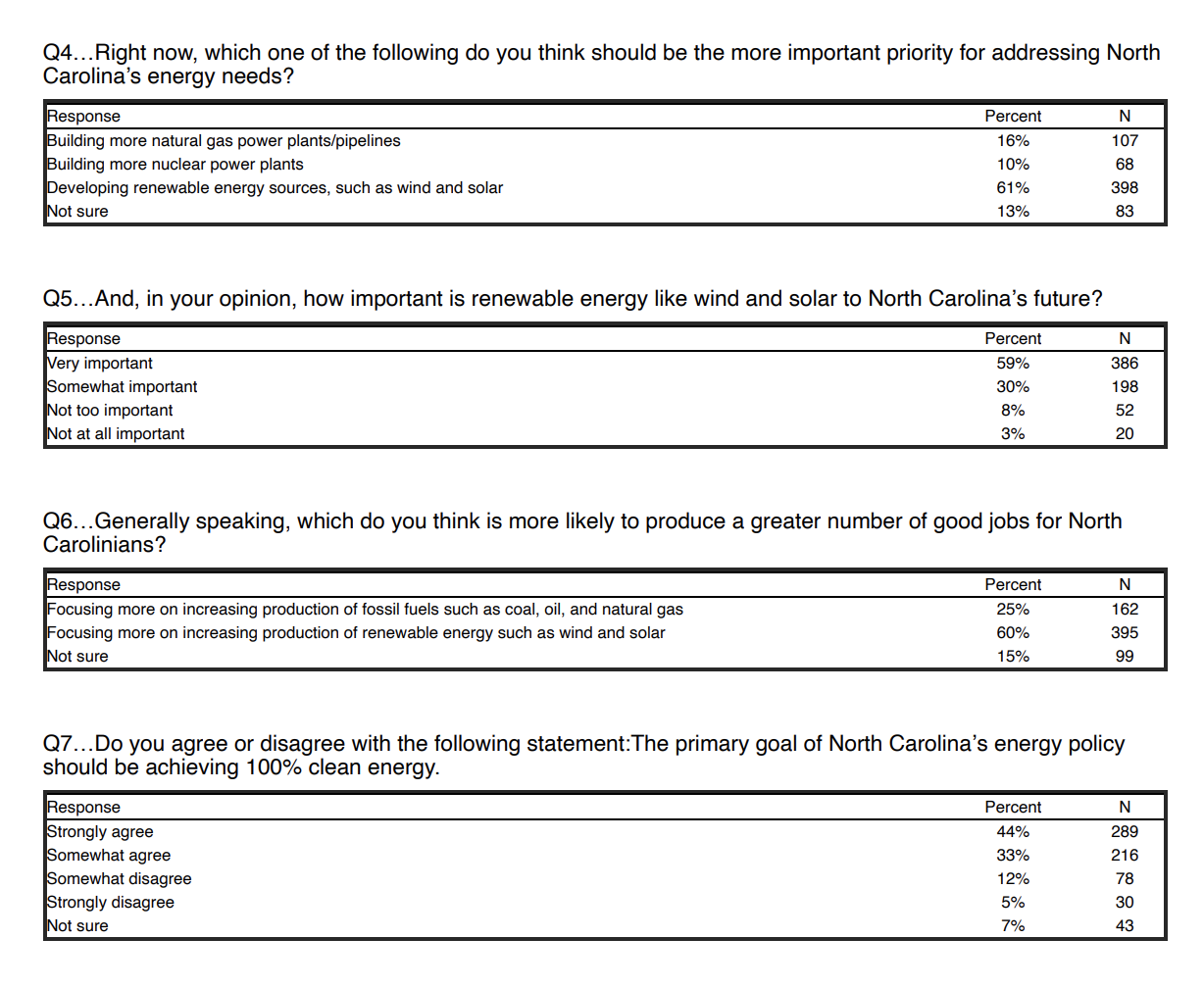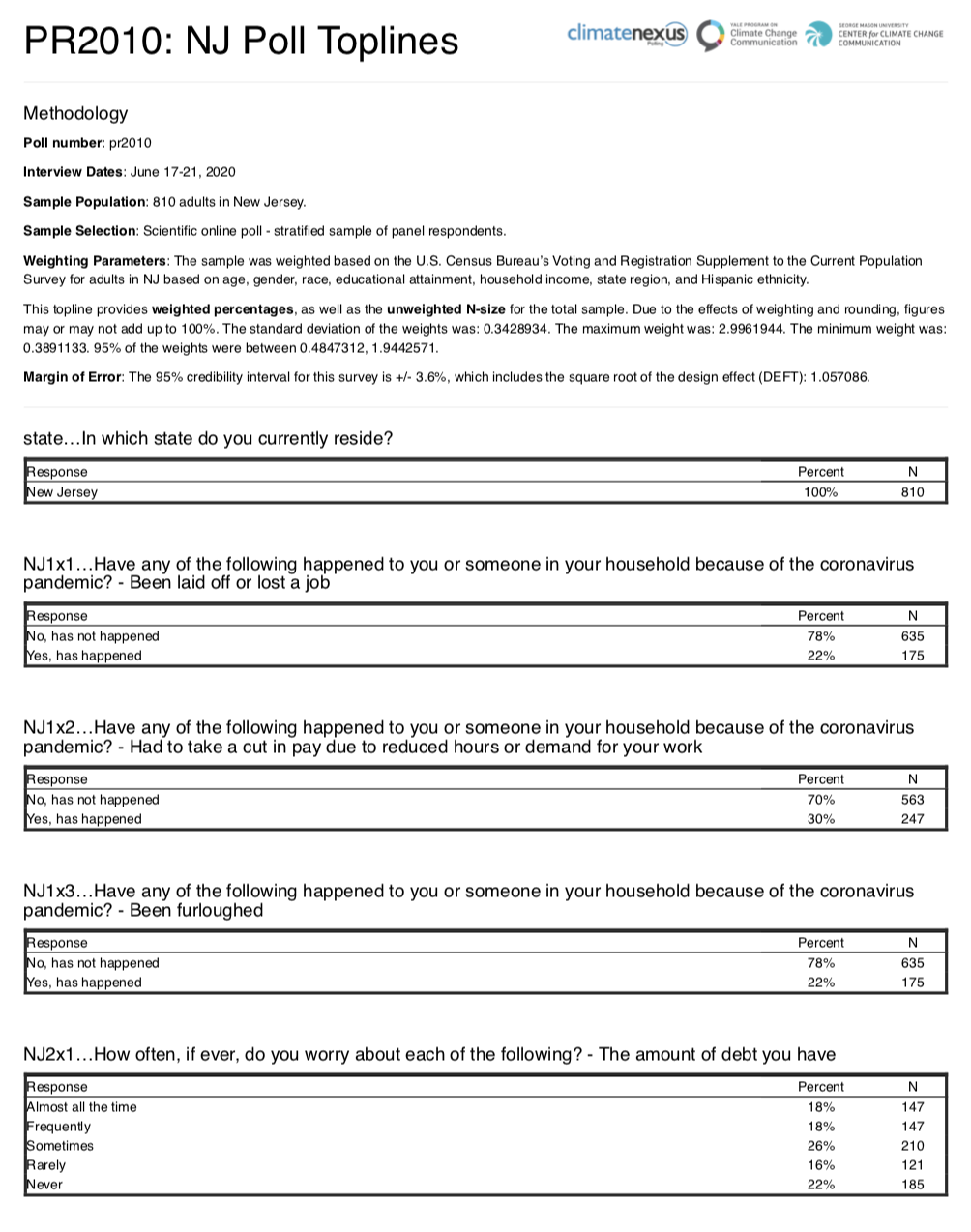Resources
Search below for resources covering the intersection of climate engagement, social science and data analytics.
RESULTS
A Decade Of Successes Against Fossil Fuel Export Projects In Cascadia
73% of initially planned oil, gas, and coal export projects in the region have been cancelled since 2012. Fossil fuel executives from dozens of companies once seemed to be salivating over the idea of exporting massive quantities of gas, oil, and coal from the Cascadia coast—but local communities, Tribes, environmentalists, and local governments rejected calls to turn Cascadia into a fossil fuel export terminal. They protested projects’ abrogation of Indigenous sovereignty, the risk of oil spills and damage to sensitive ecosystems, the pollution spewing from coal trains, the climate harms of extracting, transporting, and burning hydrocarbons, and the safety hazards of transporting flammable fuels through populated areas—and for the most part, they’ve won. Since 2012, fossil fuel interests have schemed more than 50 large projects to export coal, oil, gas, or their derivatives from Cascadia’s coast in British Columbia, Oregon, and Washington, and today, 40 of those—a whopping 73%—have been canceled by project backers who faced local opposition, see-sawing energy prices, and regulatory hurdles.
Poll: After Historic Outages, Texans Favor Solar, Wind and Other Clean Energy
Polling research shows that after historic power outages in February 2021, most Texans are in favor of the state producing more renewable energy and reducing their dependency on fossil fuels.
- About six in 10 Texas voters say that the state should add solar (65%) and wind (58%) energy resources. There was less support for natural gas (45%), nuclear (28%), and coal (20%).
- 30% of Texas voters strongly agree and 26% somewhat agree that the primary goal of Texas’ energy policy should be achieving 100% clean power.
- 45% of Texas voters strongly agree and 32% somewhat agree that being a leader in clean energy innovation is important to Texas’s future.
Poll: Most NC Voters Support Wind Energy
77% of North Carolinians think the primary goal of the state’s energy policy should be achieving 100% clean energy and a majority (33% strongly; 38% somewhat) support the development of offshore wind farms. 70% of voters polled also believe the buildout of offshore wind along North Carolina’s coast would have a positive impact on jobs, the state’s economy, air quality and climate change.
Fueling the Fire: Why Any Fossil Fuel Industry Bailout Will be Disastrous for Communities of Color
This report looks at the intersection of pollution from refining and burning fossil fuels, repiratory diseases caused or exacerbated by this pollution, the impacts of the COVID-19 pandemic, and race and racial inequality in the United States. It makes the case that the CARES Act constitutes a bailout of the dirty energy sector that spent more to prop-up the fossil fuel industry than it did on health care supplies and investments, even as this industry contributes to the adverse health outcomes from the COVID-19 pandemic in communities of color. The report's key findings also link large financial sector players like big banks, asset management companies, private equity and insurance companies to the chain of carbon and chemical emissions that have disproprotionately negative impacts on communities of color and low-income communities.
Poll: NC voter support for clean energy policies ticks down but stays strong
- 79% of voters are more likely to support a lawmaker who supports policies that encourage renewabl energy options (such as wind, solar, and waste to energy technologies), compared to 51% of voters who are more likely to support a lawmaker who supports policies that encourage the development of more fossil fuel energy, such as coal and oil.
- Voters are most likely (85%) to support a lawmaker who supports legislation that would provide additional ways for home or business owners to finance energy upgrades, such as improved insulation, lighting, or windows.
- 77% of voters are more likely to support a lawmaker who wants to change North Carolina's regulatory policy to allow for more competition and consumer choice.
- A pluarility of voters (38%) see climate change as a "serious problem" and think "immediate action" is necessary. An addiitonal 22% support "some action."
- 60% of voters recognize that the effects of climate change "have already begun to happen" and 59% understand climate change is "mainly the result of manmade pollution."
Poll: Pennsylvania voters support participation in climate pact
A statewide poll of Pennsylvania voters found that...
- 72% support the state participating in the Regional Greenhouse Gas Initative (RGGI) and 56% said they were more likely to vote for state elected officials who support joining RGGI
- 56% said the initiative would boost the state’s economy, while 21% said it would hurt. Forty percent believed it would have a positive impact on their electricity bill
- 70% said they would be more likely to support RGGI if proceeds were invested in training workers for clean energy jobs, expanding energy efficiency programs for homes and businesses to lower consumer bills and boosting economic development in farming communities that produce renewable energy
- 78% percent want the state to provide job training, guaranteed wages or other assistance to coal and natural gas workers who lose their jobs as a result of the market transition to renewable energy sources
- 76% of respondents considered climate change to be a serious problem, with nearly half of voters saying it is “very serious”
- More than 70% also supported the state updating and strengthening regulations to restrict the release of methane from natural gas wells, pipelines and storage facilities
State energy profile
Poll: 76% of New Jerseyans Support Using Renewable Energy to Reduce Electric Bills for Low-Income Families
At least 7 in 10 New Jerseyans support each of the six key components of the Clean Energy Equity Act, a bill that aims to help low-income New Jersey families benefit from solar, storage and energy efficiency.
And The People Shall Lead: Centralizing Frontline Community Leadership in the Movement Towards a Sustainable Planet
Summarizes lessons learned and challenges to collaboration between traditional large environmental organizations and frontline or people of color led organizations. Draws on the conversation at the “Engaging Non-Traditional Groups in Coal Plant Retirement” session at the National Coal Plant Retirement Conference in Denver and co-facilitated by the Little Village Environmental Organization, American Lung Association, Sierra Club, and the National Association for the Advancement of Colored People (NAACP).


